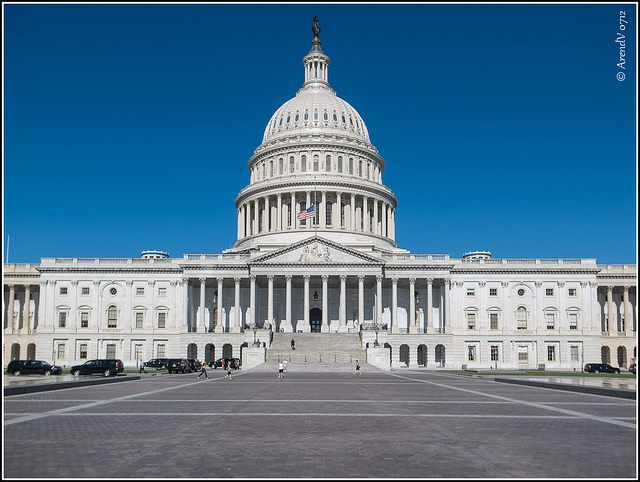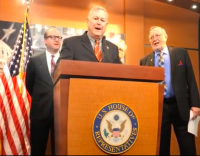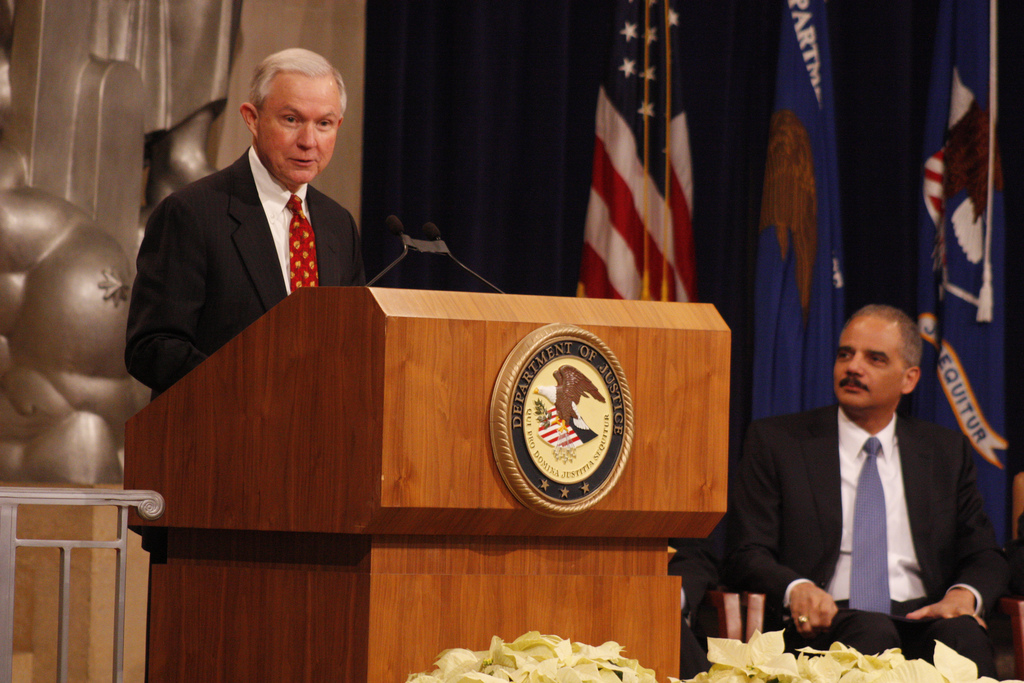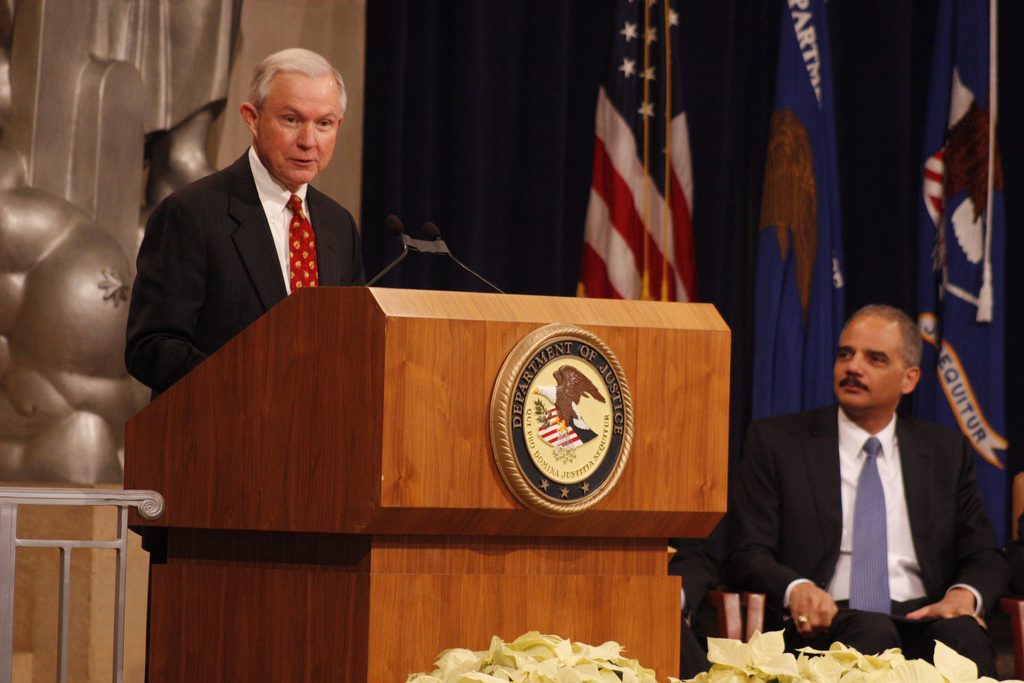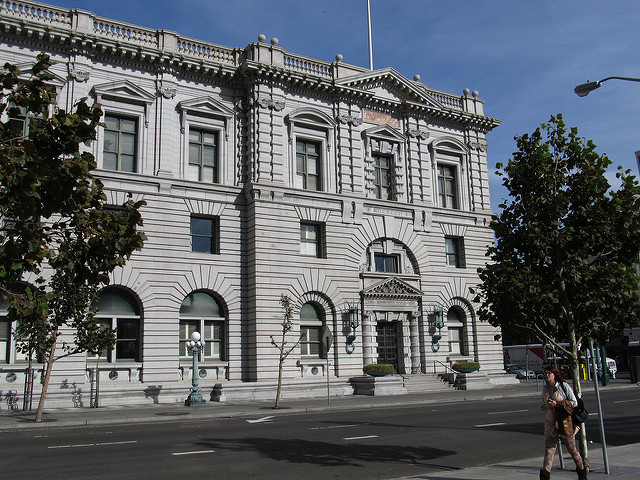Federal trademark registrations are invaluable tools for emerging businesses. They put the world on notice of a company’s name; they can secure nationwide priority over others using similar names; they distinguish a product in the marketplace; they provide crucial advantages in trademark infringement lawsuits; and they are instrumental in building goodwill. But if you sell cannabis, a federal trademark registration will not do any of those things for you … because you can’t get one.
Someday, the USPTO policy may change and there could be a gold rush for federal cannabis trademark registrations.The United States Patent and Trademark Office (USPTO) continues to refuse to register federal trademarks for cannabis businesses, even if the sale of cannabis is legal in the state where the businesses are located. The USPTO’s reasoning goes something like this: federal trademark law allows for the registration of trademarks associated with goods in “lawful” commerce, which means that the goods are not illegal under federal law. Cannabis, and its psychoactive component, THC, remain Schedule I substances under the federal Controlled Substances Act (CSA). Therefore, irrespective of state laws to the contrary, and irrespective of whether the federal law is actually enforced, the manufacture and sale of cannabis is not “lawful” commerce.
This reasoning is of fairly recent vintage. In 2009, by which time about fifteen states had legalized medical cannabis, Attorney General Eric Holder announced that the Drug Enforcement Administration would cease raids on state-sanctioned medical cannabis facilities. The USPTO followed Holder’s lead in 2010 and created a new category of acceptable goods and services for marks related to “medical marijuana.” Within months, however, the USPTO had retreated from this “mistake” and changed its practice manual expressly to preclude such registrations.

Many argue that the USPTO’s position is unjustifiable as a matter of public policy. Making it easier to infringe the trademarks of state-sanctioned businesses does not advance the purposes of the CSA, and it directly undermines a key goal of trademark law, which is to prevent the proliferation of confusingly similar trademarks. But the merits of these arguments have been lost on the USPTO, which continues to refuse to register marks for anything it perceives to be prohibited by the CSA.
So if you own a cannabis business, what can you do to protect your goodwill while the federal government maintains its current policy? Below are some ideas. Admittedly, none of them– individually or collectively – is a substitute for federal registration. But each of them is better than nothing, and all of them may help to establish your ownership and priority when and if the USPTO changes its policy.
- State Trademark Registrations. Each state has its own trademark registration system. State registration may offer protection from infringers within the state, or at least within the parts of the state where the registrant operates, and for that reason alone it is probably worth the small cost involved. However, state registration will have little to no efficacy outside the state. You cannot use a State A registration to file a lawsuit in State B, or to stop infringement in State B, or even to prevent conflicting registrations in State B. Additionally, most state trademark registrants, unlike federal registrants, do not benefit from presumptions of validity and ownership in the litigation context.
- Related Federal Registrations. Many cannabis businesses also pursue federal registrations for whatever aspects of their business are not prohibited by the CSA. For example, even though the USPTO refused the POWERED BY JUJU mark for cannabis vaporizers (because it was CSA-prohibited “paraphernalia”), it allowed the same company to register the same mark for “vaporizers for smoking purposes not for use with cannabis.” The USPTO has also allowed registrations for cannabis-related business consulting (e.g., CANNACARD; PRAIRIEJUANA); investment analysis (e.g., FORTUNE420); clothing (e.g., CANNABIS COUTURE, THE MARIJUANA COMPANY); and for CBD – as opposed to THC – derivatives (e.g., CBD LIQUID GOLD). Once the USPTO permits federal registrations for cannabis marks and the inevitable disputes over ownership arise, such federal registrations for these related products and services are likely to be highly persuasive evidence in the registrants’ favor. Moreover, even in the current legal climate, federal registrations (especially when cited in a demand letter) are of great practical use in convincing others not to use confusingly similar marks.
- Common Law Unfair Competition. Unfair competition is a state common law cause of action that was a precursor to modern trademark law, and it is still available to protect commercial goodwill even in the absence of a state or federal trademark registration. However, unfair competition law has similar territorial restrictions as state registration. In some cases, the protected territory may be even narrower, limited only to the area within which the plaintiff can prove consumer recognition of the mark.
- Other Intellectual Property Protection. Copyright law, unlike federal trademark law, has no “lawful” commerce requirement, and the U.S. Copyright Office regularly issues registrations for cannabis-related copyrights. While copyright will not protect a short phrase such as a business name, it will protect a creative logo design or original packaging, and can be very effective when it comes to getting infringing uses taken down from the internet. Note also that the USPTO does not appear to have the same qualms about legality when it comes to patents, and it often grants patent protection to useful, new and non-obvious inventions related to the cannabis industry.
- Save stuff. Finally, if you do nothing else, save stuff. Document that first sale; keep a copy of that first shipping invoice; and save that file containing your original packaging design. Someday, the USPTO policy may change and there could be a gold rush for federal cannabis trademark registrations. Your lawyer is going to ask you for proof of your first uses of the mark, and you don’t want your response to be a glassy stare. So keep your eyes on the eventual prize and stay ready.



